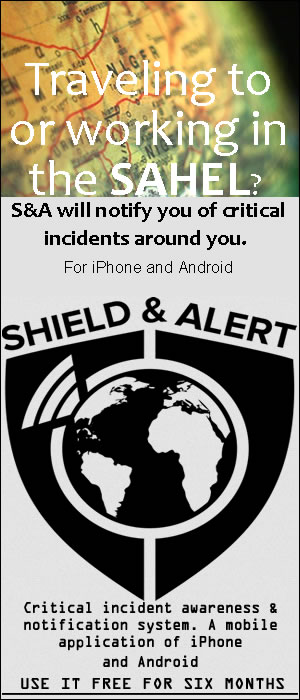|
Niger’s detained president was seen by his doctor on Saturday, his entourage said, amid mounting concern for his condition, while West Africa’s regional bloc scrapped a crisis meeting on the coup that deposed him. Mohamed Bazoum, 63, was toppled on July 26 by his presidential guard, which has since held him and his family at his official residence in the capital Niamey.
The European Union, the African Union and the United Nations joined others in sounding the alarm for Bazoum on Friday after reports described worsening detention conditions. Bazoum “had a visit by his doctor today”, a member of his entourage told AFP, adding the physician had also brought food for Bazoum, his wife and son. “He’s fine, given the situation,” the source added.
Human Rights Watch said it spoke with Bazoum earlier this week. The ousted leader described the treatment of himself, his wife and their unwell 20-year-old son as “inhuman and cruel”, HRW said. “I’m not allowed to receive my family members (or) my friends who have been bringing food and other supplies to us,” the group quoted him as saying. “My son is sick, has a serious heart condition, and needs to see a doctor,” he was quoted as saying. “They’ve refused to let him get medical treatment.”
UN rights chief Volker Turk on Friday said Bazoum’s reported detention conditions “could amount to inhuman and degrading treatment, in violation of international human rights law”. Top US diplomat Antony Blinken said he was “dismayed” by the military’s refusal to release Bazoum’s family as a “demonstration of goodwill”. CNN reported last week that Bazoum was being kept isolated and forced to eat dry rice and pasta by those who overthrew him.
Crisis meeting suspended
West African leaders deferred a crisis meeting due in Ghana’s capital Accra on Saturday after approving the deployment of a “standby force to restore constitutional order” in Niger as soon as possible. Chiefs of staff from the Economic Community of West African States (ECOWAS) indefinitely suspended the gathering for “technical reasons”. Sources said the meeting was originally set up to inform the organisation’s leaders about “the best options” for activating and deploying the standby force.
“The military option seriously envisaged by ECOWAS is not a war against Niger and its people but a police operation against hostage takers and their accomplices,” Niger’s Foreign Minister Hassoumi Massaoudou said on Saturday. ECOWAS is determined to stop the sixth military takeover in the region in just three years.
It has severed financial transactions and electricity supplies and closed borders with landlocked Niger, blocking much-needed imports to one of the world’s poorest countries. ECOWAS had previously issued a seven-day ultimatum to the coup leaders to return Bazoum to power, but the generals defied the deadline, which expired on Sunday without any action being taken. The coup leaders have since named a new government, which met for the first time on Friday.
‘Down with ECOWAS’
Thousands of coup supporters rallied in Niamey on Friday to protest against the ECOWAS plan to send troops. Protesters gathered near a French military base on the outskirts of Niamey shouting “Down with France, down with ECOWAS”. Niger’s new leaders have accused former colonial power France, a close Bazoum ally, of being behind the hardline ECOWAS stance.
Many protesters brandished Russian and Niger flags and shouted their support for the country’s new strongman, General Abdourahamane Tiani. “We are going to make the French leave! ECOWAS isn’t independent, it’s being manipulated by France,” said one demonstrator, Aziz Rabeh Ali. France has around 1,500 troops in Niger as part of a force battling an eight-year jihadist insurgency. It is facing growing hostility across the Sahel, withdrawing its anti-jihadist forces from neighbouring Mali and Burkina Faso last year after falling out with military governments that ousted elected leaders.
Niger’s new leaders scrapped defence agreements with France last week, while a hostile protest outside the French embassy in Niamey on July 30 prompted Paris to evacuate its citizens.




